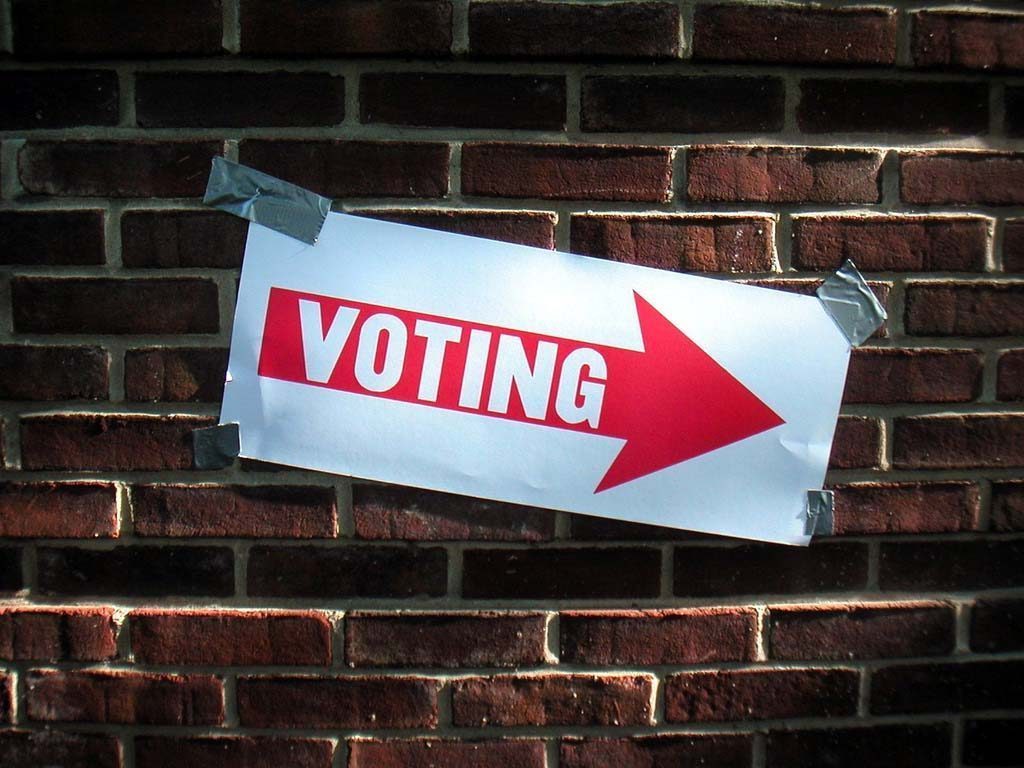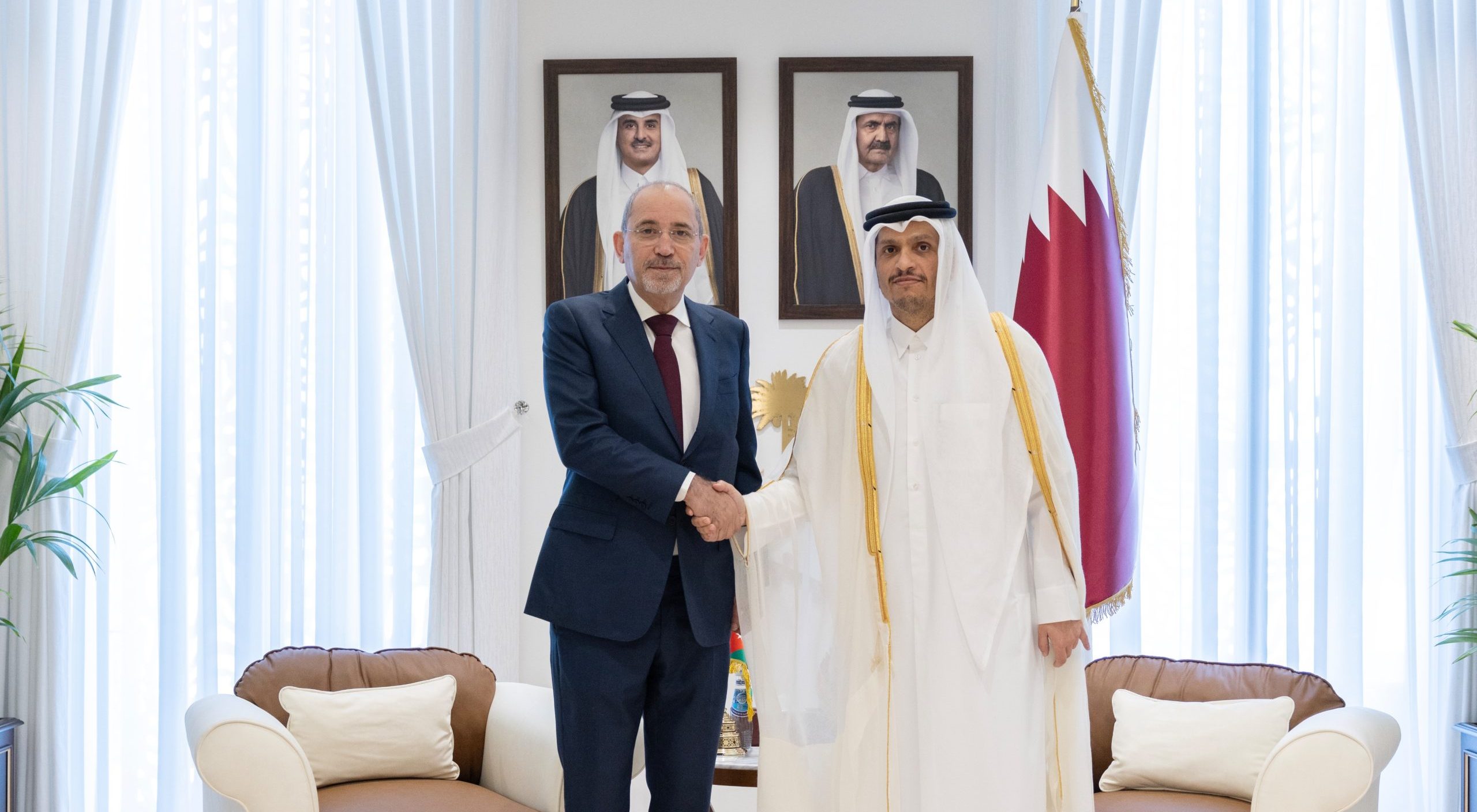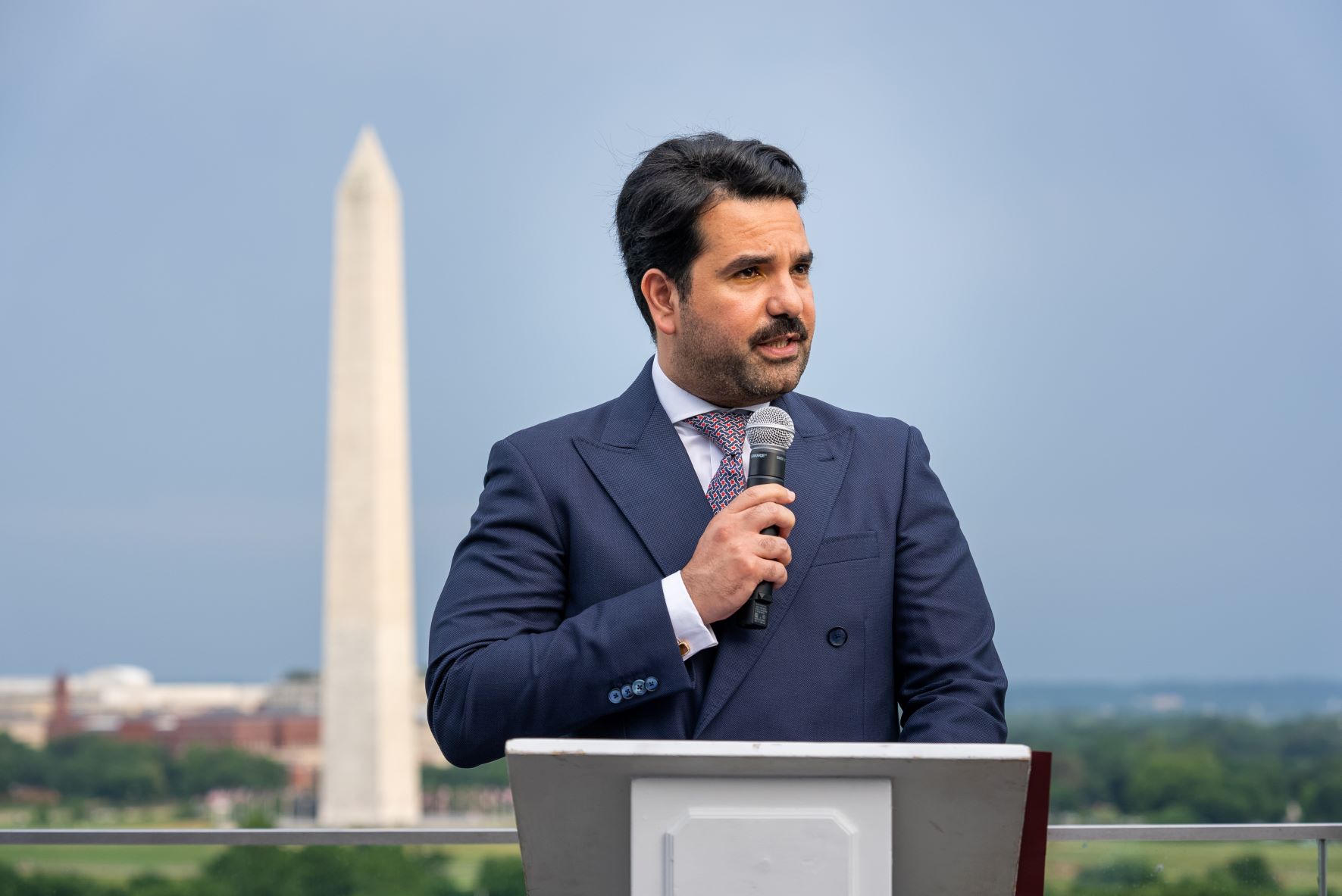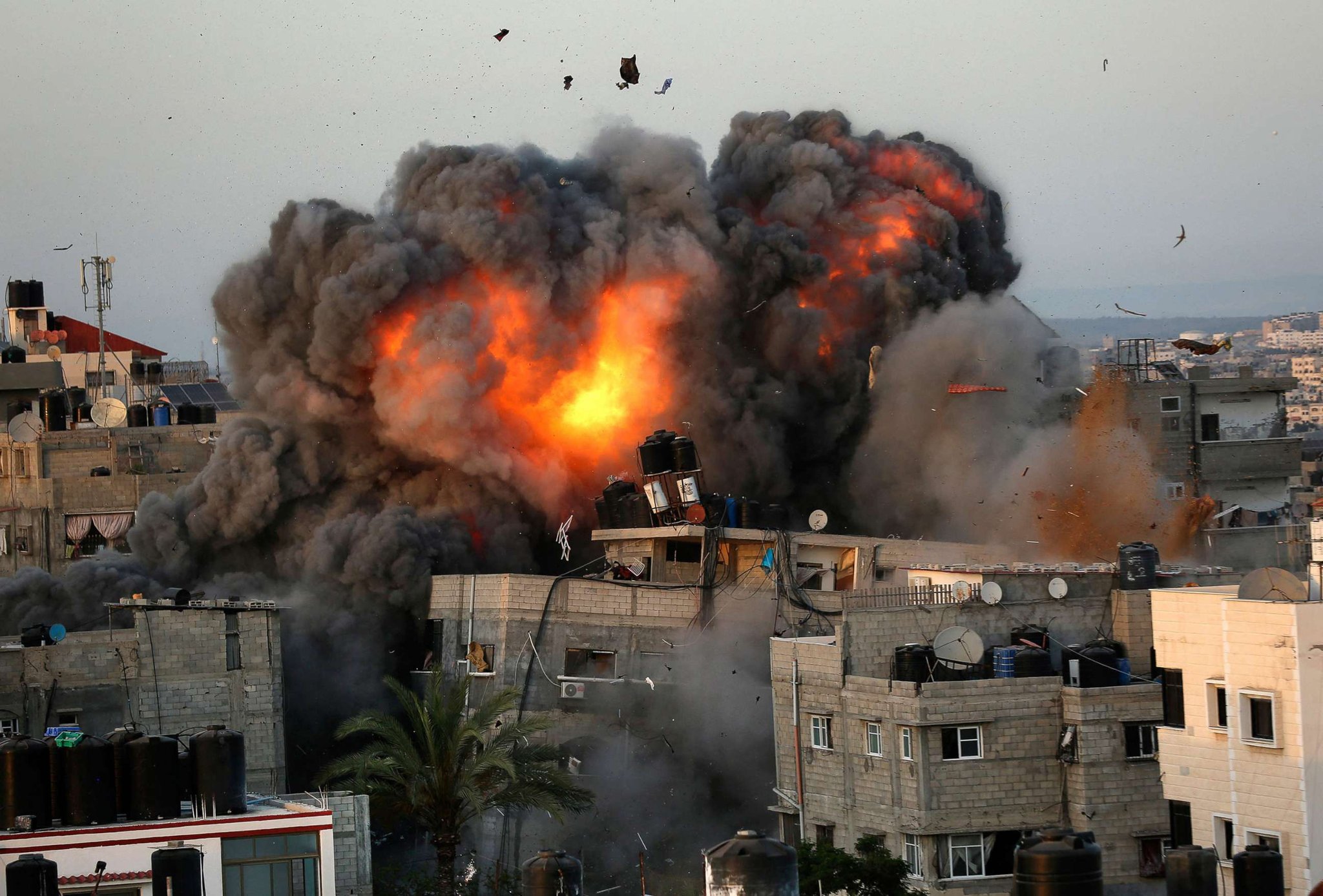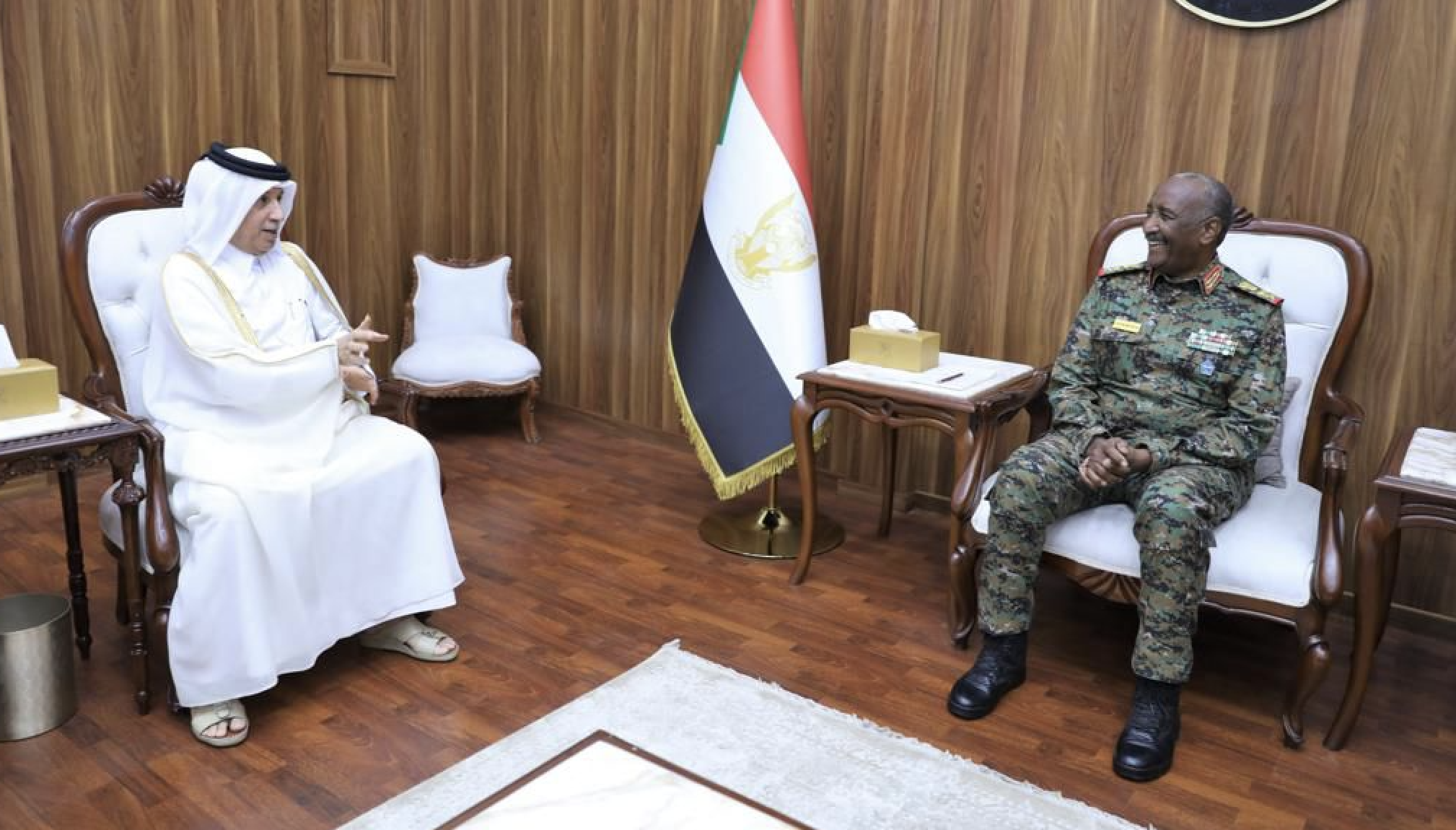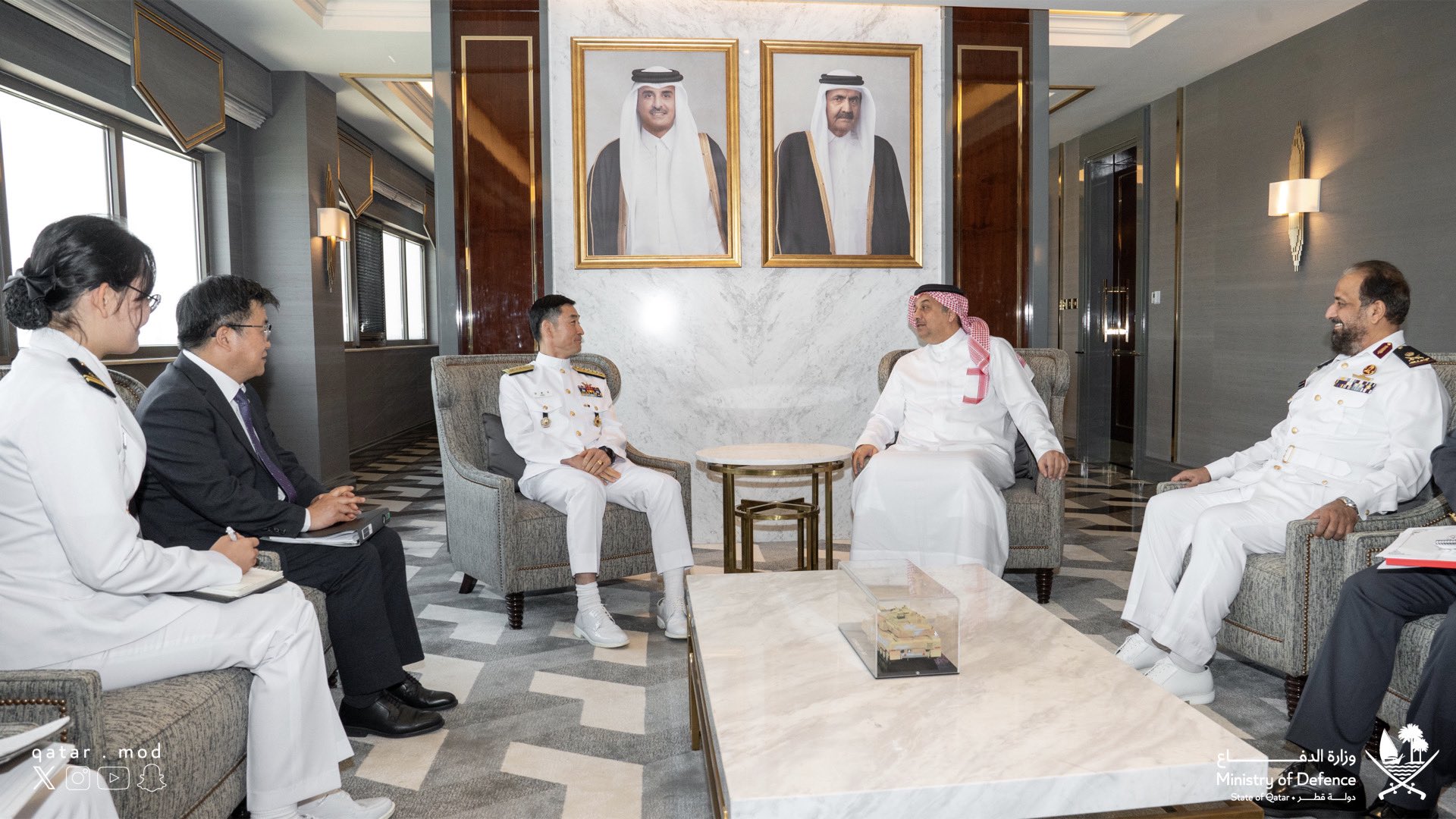
With translation from Riham Sheble
The number of Qataris registered to vote in this term’s Central Municipal Council (CMC) elections appears to be headed toward the lowest level in the political body’s 16-year history.
Thursday was the final day for nationals to sign up to have their name included on a preliminary list of eligible voters.
According to a statement from the Ministry of Interior, 19,396 registered to vote. That’s down 40 percent from the 32,662 registered voters in the 2011 election. It’s also less than the previous low of 21,995 voters who registered for the first poll in 1999.

Barring a surge in special requests to be added to the voters’ list, the numbers signal that there is minimal interest among Qataris in selecting the next 29 CMC representatives.
Formed in 1999, the CMC is Qatar’s only elected body. While its actual powers are limited, the CMC has drawn attention to important civic matters such as the safety of petrol stations and rising housing costs.
However, members have also made recommendations that some have found outlandish, such as suggesting that the government create marriage bureaus with a database of prospective spouses.

In a further sign of voter apathy, barely half of these registered voters actually showed up to cast a ballot during the last three elections.
Nevertheless, an electoral official called the registration turnout “acceptable.”
In a statement, Mohammed Taysir Al-Jassim, the chairman of the fifth electoral constituency – which includes the northern part of Al Sadd and Fereej Al Soudan, among other neighborhoods – praised those who had registered:
“The elections are like a wedding for democracy in which all members of society need to take part in order to participate in the development and advancement of the country and to protect all the existing achievements.”
Turnout
Despite Thursday’s cut-off, eligible Qataris can still request that the country’s electoral commission add or retract their names during two revision periods between Jan. 28 – Feb. 5 and Feb. 11-17.
That means the number of registered voters could increase before citizens head to the polls in May.

The number of Qataris eligible to register is not clear. To qualify, citizens must be above the age of 18 and hold Qatari citizenship, or be naturalized Qatari nationals for at least 15 years.
Individuals who have been convicted of a criminal offense, or are working with the police or armed services are ineligible to vote, according to the MOI.
Spanish electoral monitors tried to crunch the numbers following the last CMC election in 2011. While the unknown number of eligible voters made precise calculations impossible, the monitors estimated that only 3.9 percent of Qatari nationals cast ballots, leading them to conclude:
“Real voter turnout is extremely low,” the monitors stated. “This reflects the low interest among Qataris in their municipal elections.”
What’s at stake
One likely reason behind the drop-off in registered voters is that the Ministry of Interior must create new voters’ lists after revising the boundaries of Qatar’s electoral districts for the first time to account for changing demographics.
Prior to this year, the number of registered voters had increased during each subsequent election, according to data published by the Ministry of Interior.

Turnout among those registered voters, however, has fluctuated from a high of 79.7 percent during the first poll in 1999 to a low of 37.7 percent during the following election in 2003. Turnout then rose to 52.2 percent in 2007 before sinking to 43.3 percent in 2011.
Some have suggested that few Qataris see the point in the CMC elections, especially given that its members have little to no power.
It has no legislative authority and instead performs a monitoring and advisory role.
“As it stands, the CMC is to a large extent pointless, so citizens are reluctant to waste their time voting or running for a council that only has the power to recommend changes,” first-time voter Alanood Al Thani wrote in an op-ed earlier this month, suggesting that giving the CMC more authority would boost participation rates.
After two rounds of amendments, the voter’s list is scheduled to be finalized by March 3. That day also marks the start of the official campaigning period for candidates.
The election is scheduled for May.
Thoughts?

